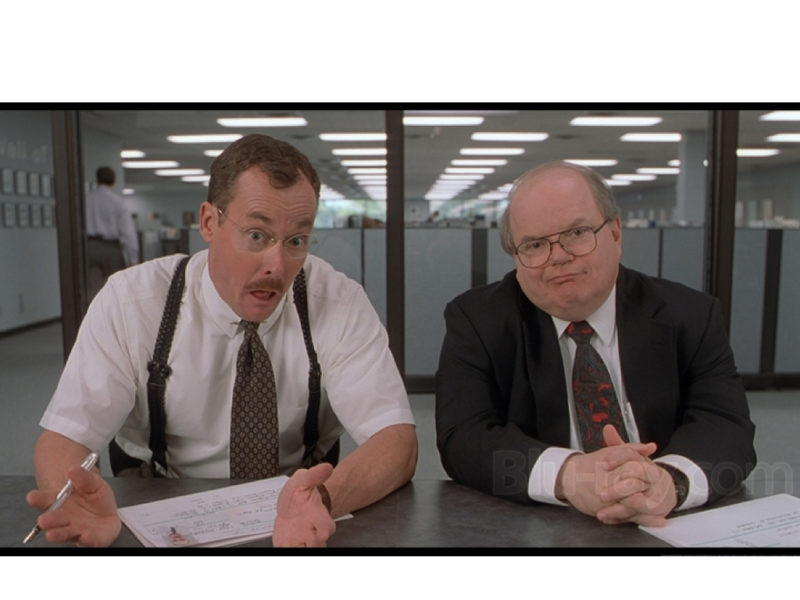Great Leaders Leverage Great Attitudes for Great Results
Great Leaders Leverage Great Attitudes for Great Results https://csuiteold.c-suitenetwork.com/advisors/wp-content/themes/csadvisore/images/empty/thumbnail.jpg 150 150 Tony Chatman https://secure.gravatar.com/avatar/bedd9b8e97cecfad7dbb8be599ea09f1?s=96&d=mm&r=g
So, we’ve all been there. We have something important to tell our supervisor, it can’t wait. As we get closer to her office, we see the look on her face. We can see her mood and we quickly decide, “It can wait.”
Attitude is everything. And to a leader it is a tool that can completely change the environment of a team. Colin Powell has been famously quoted as saying, “Perpetual Optimism is a Force Multiplier.” We all know that person who is always up, always optimistic. They always have something positive to say. When they hear bad news, they just smile, laugh, and move on. Nothing seems to bother them. They have an amazing impact on us. Just their smile can have an impact on us.
In a Swedish study by Marianne Sonnby–Borgström, subjects were shown pictures of people displaying various emotions. When the subject was shown a picture of someone smiling, they were asked to frown. Amazingly, they found that instead of a frown, the facial expressions went directly to reproducing what they saw. It actually took conscious effort for the subjects to frown. The power of smile or a good attitude is far more powerful than most are aware.
Unfortunately, we also know negative people. The people who never have anything positive to say. The ones who feel it’s their job to “bring everyone back to reality” when things are going too well. The ones who shoot down every idea. The one’s whose favorite phrases are, “Here’s why that won’t work,” and “I’m just playing devil’s advocate.”
Leaders who are negative are not innovators nor do they lead innovative teams. They miss out on opportunities to be innovative. When opportunity comes, they don’t believe it. They shoot it down because they always have a reason why things either can’t work or can’t be done. Over time, their direct reports figure it out. They know that whatever they bring will be shot down. Who wants to go through that? Who knowingly wants to subject themselves to rejection? And who wants to do it over and over again? My dad would call that type of person a glutton for punishment.
So eventually people stop bringing ideas. They keep them to themselves. They see problems before they appear and opportunities to be gained, but they don’t present them. They keep their innovation in the closet where it’s nice and safe and the entire team suffers because of it.
The problem is not only that negative leaders miss out on innovation, they impact the people around them with their negativity. What leaders don’t realize is that their negativity is contagious. As a friend used to say, “These people are blackholes who suck the light out of everyone around them.” Or as Sigal Barsade, a Wharton management professor who studies the influence of emotions on the workplace, says, “Emotions travel from person to person like a virus.”
Years ago, I was given a team to lead, it was one of my first leadership experiences. My mentor said something I’ll never forget. He said, “Tony, you just lost the luxury of having a bad day.” I had never thought of it that way. I never considered having a bad day a luxury, but he was right. Having a bad moment is one thing, but allowing it to linger and letting yourself wallow in it is a completely different thing. You may be able to pull that off when you’re by yourself, although I wouldn’t recommend it.
But when you know that you affect a group of people and that your actions and your emotions act as a radio signal looking for someone to tune into your frequency, it’s no longer an option. Most people underestimate the control they have over their emotions. It’s easy to forget that when there’s nothing at stake, but as a leader, your effectiveness and reputation are on the line. Your emotions are a tool. They serve you, you don’t serve them.
The bottom line is emotions matter and as a leader, you have a dramatic effect on those around you. A Gallup study by researcher James K. Harter found that business unit sales and profits could be predicted by employees’ emotions. People’s emotions impact their performance, and if they’re healthy and happy, they perform better.

